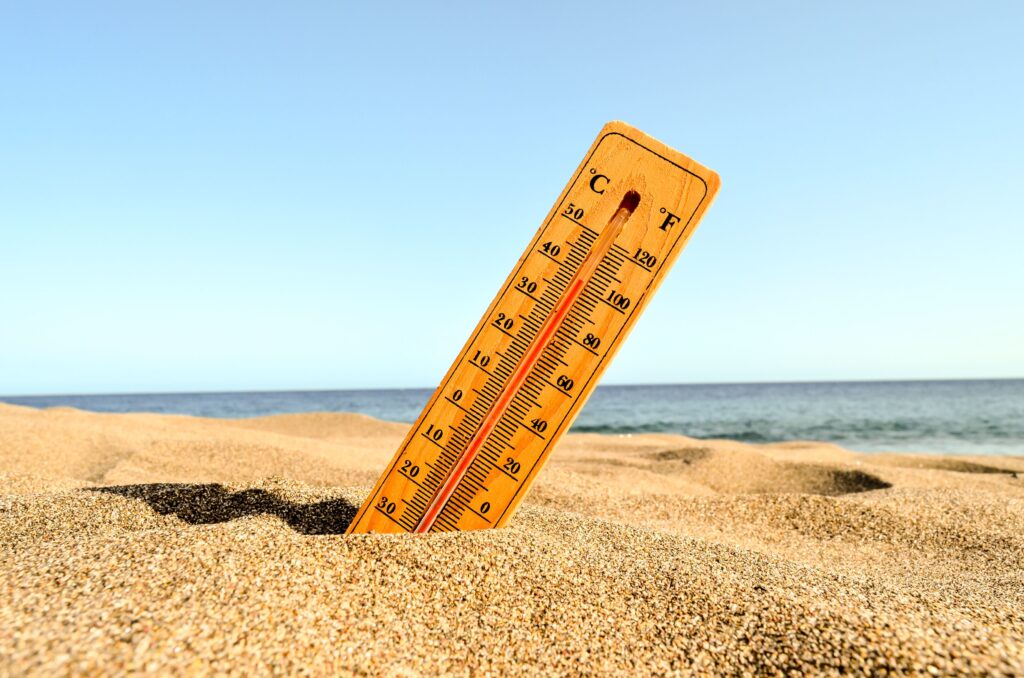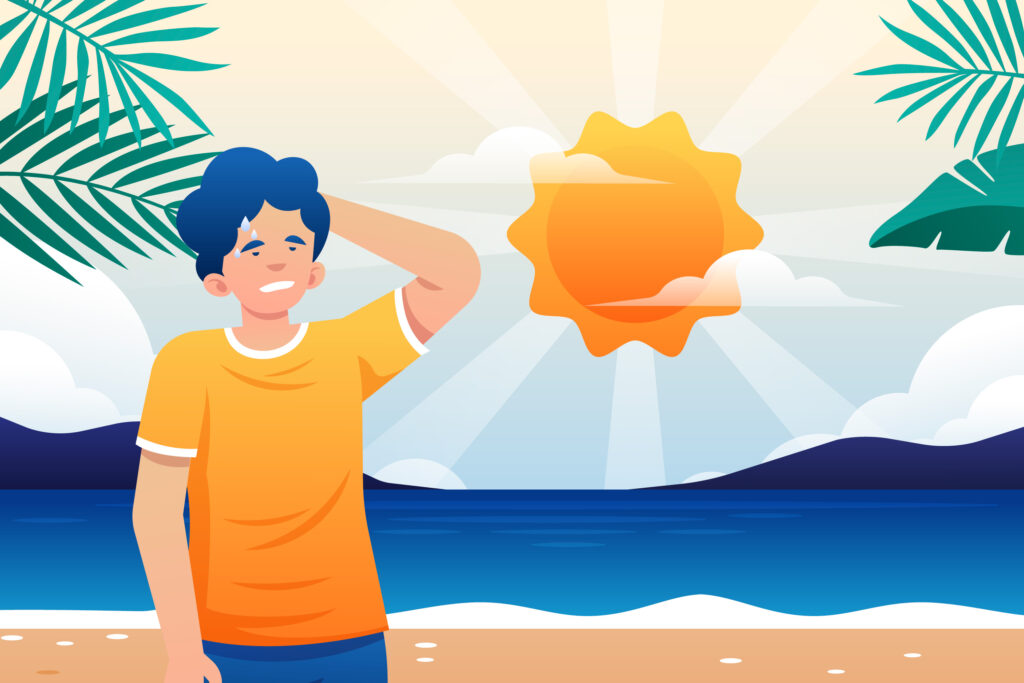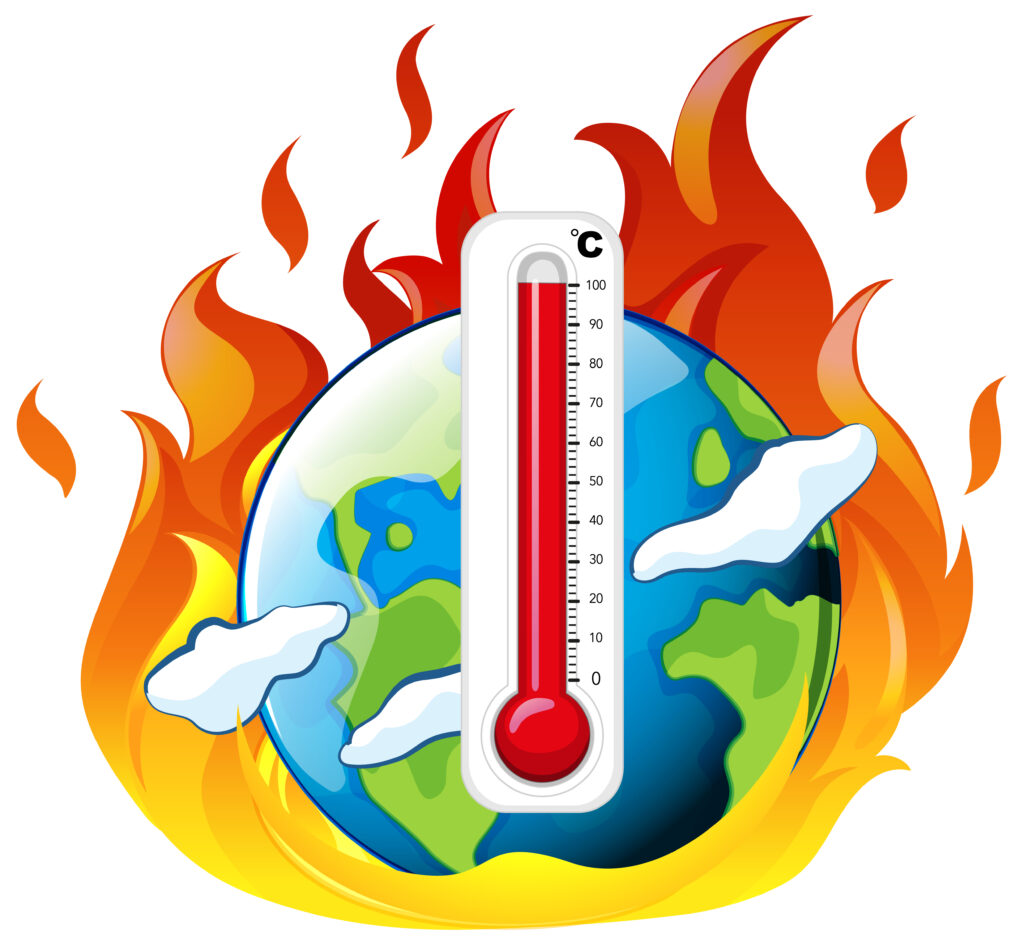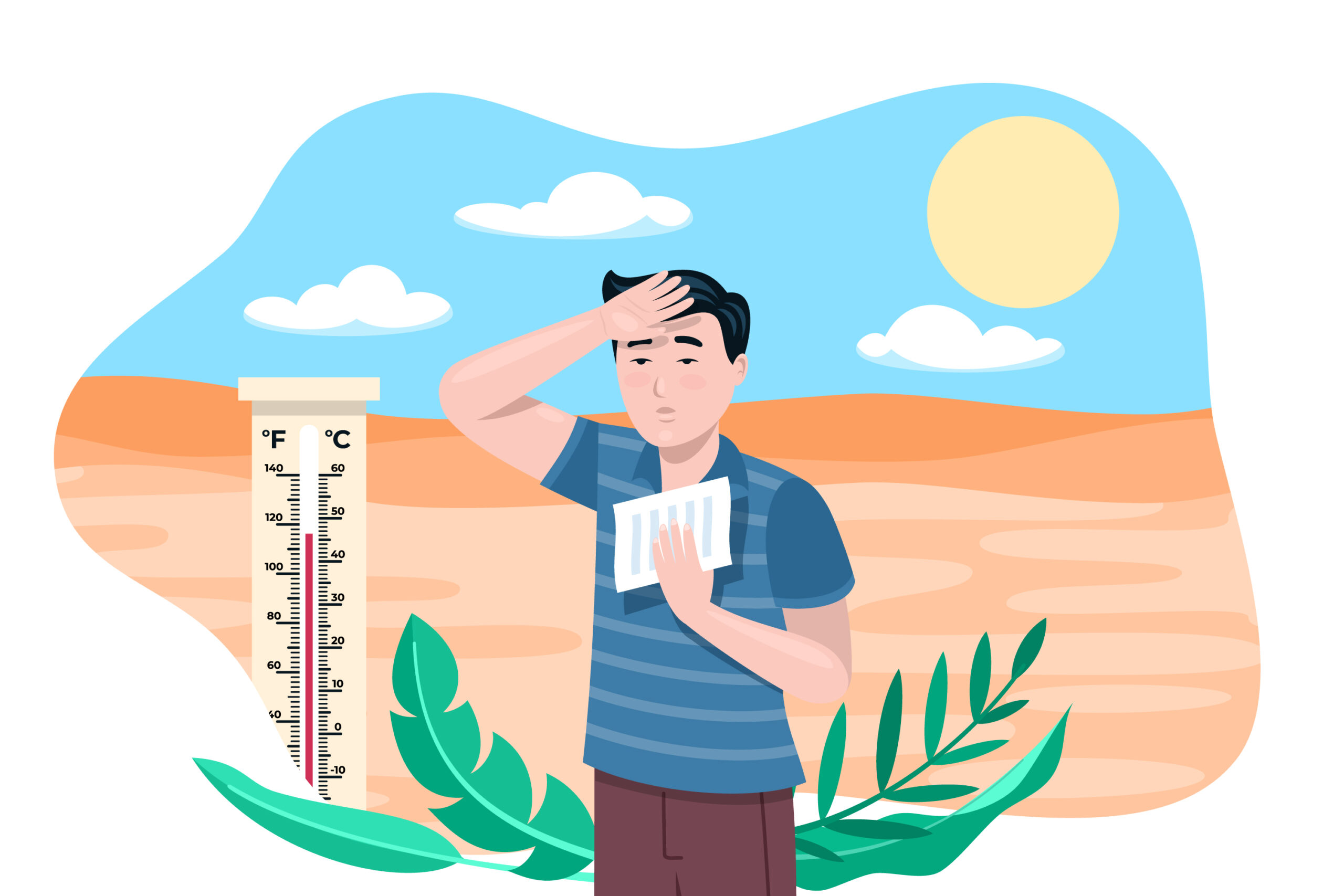Heatwaves are no joke. When temperatures soar, even stepping outside can feel like walking into an oven. Energy levels drop, and staying cool becomes a constant challenge. For many people, hydration is a matter of sipping more water, but for others, especially those on certain medications, staying hydrated isn’t that simple.
Some commonly prescribed medications can interfere with your body’s ability to regulate fluids and temperature, making you more prone to dehydration during extreme heat. If you or someone you know is taking medications, it’s important to understand their effects and take proactive steps to stay safe.
Medications That Can Be Dehydration Culprits

When summer sunshine turns into a scorching heatwave, your body relies on a complex thermoregulation system to keep cool. But certain medications can throw this balance off, increasing your risk of dehydration. Here are a few to watch out for:
1. Diuretics
Often prescribed for high blood pressure or heart failure, diuretics work by increasing urine output to eliminate excess fluid. While effective for those conditions, they can lead to significant fluid loss during hot weather, making dehydration more likely.
2. Antihypertensives
Some blood pressure medications, such as ACE inhibitors or ARBs (angiotensin receptor blockers), may increase fluid loss or interfere with your body’s ability to regulate salt and water levels. In hot weather, this can leave you feeling dizzy, weak, or dehydrated.
3. Laxatives
Over-the-counter or prescribed laxatives, especially when used frequently, can cause the body to lose too much water and essential electrolytes. This effect can be amplified during heat waves, when the body already needs more hydration than usual.
4. Antidepressants
Certain antidepressants, particularly tricyclic antidepressants, may impair your body’s ability to regulate temperature by affecting how much you sweat. Reduced sweating makes it harder for your body to cool itself, increasing the risk of overheating and dehydration.
Staying Hydrated: Your Heatwave Superpower

Knowing the risks is only half the battle — here’s how you can actively protect yourself:
💧 Hydration Hero Moves
Don’t wait until you feel thirsty. Drink water regularly throughout the day, especially if you’re on medications that can increase fluid loss. Infuse your water with fruits like lemon or cucumber for a refreshing twist. Carry a reusable water bottle as a constant reminder to sip, not just gulp when parched.
⚡ Boost with Electrolytes
Electrolytes — minerals like sodium and potassium — help retain water and balance fluids in the body. Consider electrolyte-rich drinks or oral rehydration solutions if you’re sweating heavily. Coconut water is also a great natural option.
👕 Dress Smart
Wear loose, breathable clothing made from natural fabrics like cotton or linen. Light-colored clothes reflect sunlight and allow better air circulation, helping your body regulate temperature more effectively.
🌞 Be Sun-Smart
Apply sunscreen with SPF 30 or higher, wear a wide-brimmed hat, and sport sunglasses to protect your skin and eyes. Seek shade whenever possible and avoid going outdoors during peak heat hours, typically between 12 PM and 4 PM.
Conclusion: Medication + Heat = A Risk You Can Manage

While you can’t always control the temperature or the medications you need, you can control how you prepare. Understanding how certain drugs affect hydration and body temperature is the first step toward preventing heat-related health issues.
If you’re taking any of the medications listed above, especially during the summer, talk to your doctor about how to stay hydrated and whether any adjustments are necessary. Small changes in your daily routine — more water, smarter clothing, staying out of the sun — can make a big difference.
Stay cool, stay informed, and never underestimate the power of a well-hydrated body.
With The Blog Tales, you will find various other topics that will interest you. So, what are you waiting for? Visit now! Follow us on Instagram- SoufulScribble!

